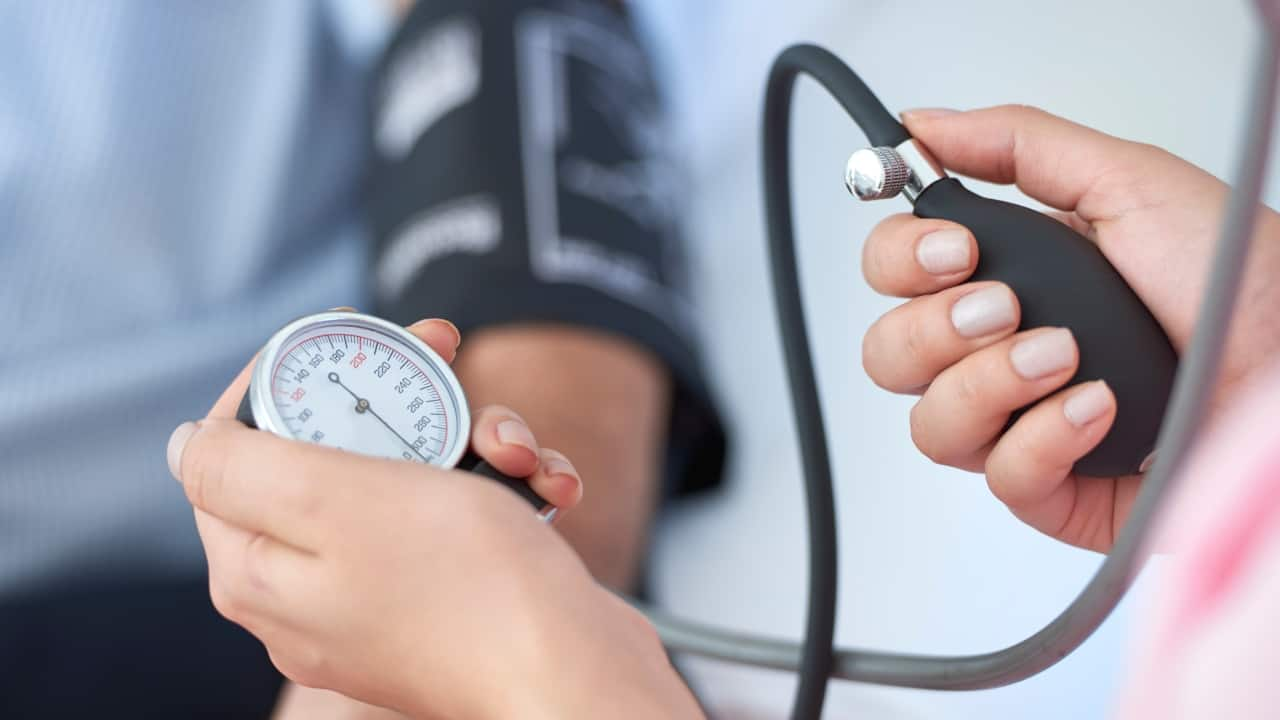Beyond Lifestyle: What You REALLY Need to Know About Prostate Cancer Prevention & Treatment
)
Understanding the Silent Threat
Prostate cancer often progresses without noticeable symptoms in its early stages. This makes regular screening and awareness crucial. Located below the bladder, the prostate gland is part of the male reproductive system. The insidious nature of the disease means it can remain undetected for years, potentially allowing it to spread.
Lifestyle's Role – And Its Limitations
It’s true that adopting a healthy lifestyle can contribute to overall well-being and potentially reduce the risk of various cancers, including prostate cancer. A diet rich in fruits, vegetables, and whole grains, coupled with regular exercise and maintaining a healthy weight, are all beneficial. However, medical professionals are increasingly emphasizing that lifestyle changes alone are *not* a guaranteed shield against prostate cancer. Genetics, family history, and age are significant risk factors that cannot be completely mitigated through diet and exercise.
Beyond Diet & Exercise: What Else is Needed?
So, what *does* it take to proactively manage prostate health? Here's a breakdown:
- Regular Screening: The cornerstone of early detection. The Prostate-Specific Antigen (PSA) test and digital rectal exams (DRE) are commonly used. Discuss with your doctor when to begin screening based on your individual risk factors (age, family history, ethnicity).
- Family History Awareness: If you have a father or brother who has had prostate cancer, your risk is significantly higher. Inform your doctor about your family history.
- Genetic Testing: In some cases, genetic testing may be recommended to identify inherited gene mutations that increase prostate cancer risk.
- Early Diagnosis & Treatment: The earlier prostate cancer is detected, the more treatment options are available, and the better the prognosis. Treatment options range from active surveillance (monitoring the cancer without immediate intervention) to surgery, radiation therapy, hormone therapy, and chemotherapy, depending on the stage and aggressiveness of the cancer.
- Staying Informed: Keep abreast of the latest research and advancements in prostate cancer treatment. Reliable sources include the American Cancer Society, the Prostate Cancer Foundation, and the National Cancer Institute.
The Biden Effect: Raising Awareness and Encouraging Action
President Biden’s openness about his own prostate cancer diagnosis has undoubtedly played a vital role in raising awareness and encouraging men to take their prostate health seriously. His story serves as a powerful reminder that even with a healthy lifestyle, prostate cancer can still occur, and proactive screening is essential.
Conclusion: A Proactive Approach to Prostate Health
While lifestyle changes are a valuable component of overall health, they shouldn't be considered a substitute for regular screening and medical guidance when it comes to prostate cancer. A proactive approach that combines healthy habits with regular check-ups and open communication with your doctor is the best strategy for safeguarding your prostate health and ensuring the best possible outcome if cancer develops.






